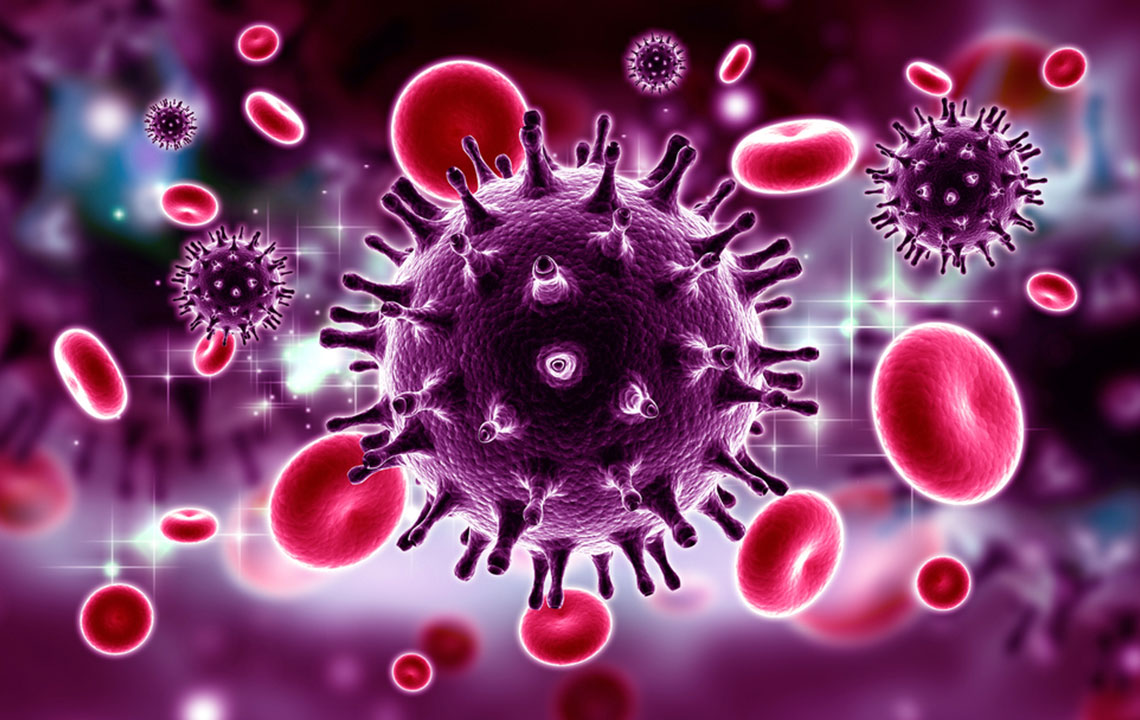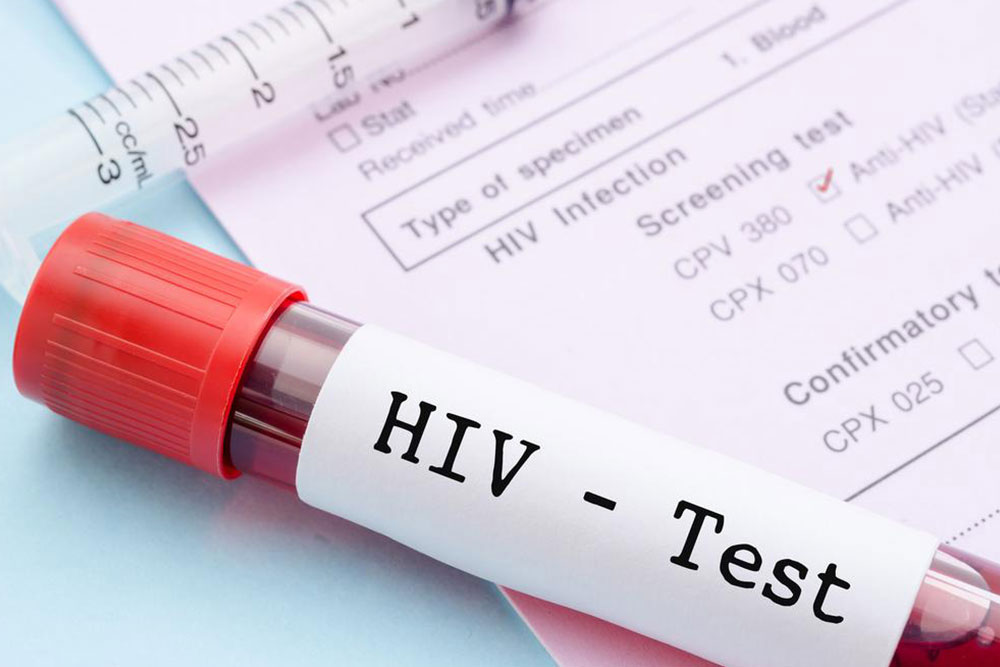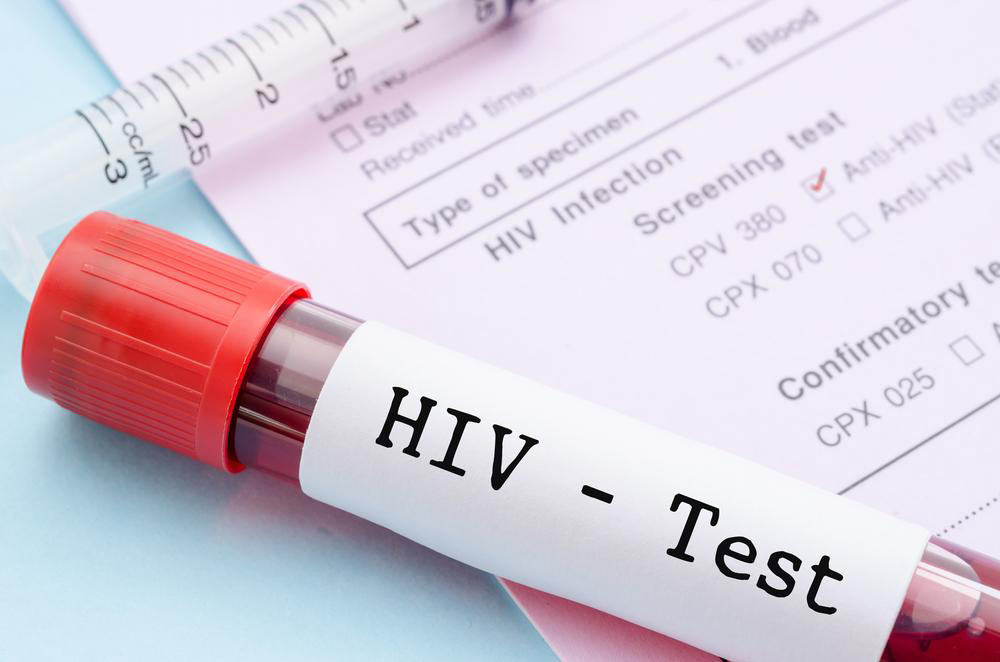Comprehensive Guide to Recognizing the Early Symptoms and Signs of HIV Infection
This comprehensive article explains how to recognize the early symptoms of HIV infection, including fever, fatigue, lymph node swelling, skin rashes, and gastrointestinal issues. It emphasizes the importance of early diagnosis, timely medical consultation, and testing for effective management and prevention of HIV transmission, aiming to raise awareness and promote health safety.

Comprehensive Guide to Recognizing the Early Symptoms and Signs of HIV Infection
Human Immunodeficiency Virus (HIV) is a major global health concern that attacks the immune system, the body's natural defense mechanism against pathogens. Understanding the initial symptoms and signs of HIV infection is crucial for early diagnosis, effective treatment, and preventing further transmission. Although HIV remains a lifelong condition without a definitive cure, early detection can significantly improve quality of life and health outcomes. This detailed overview provides insight into the earliest symptoms, helping individuals recognize potential HIV infection promptly.
HIV primarily targets CD4 cells, a type of white blood cell vital for immune function. Once infected, the virus replicates rapidly, impairing the immune response. During the initial stage, also known as acute or primary HIV infection, symptoms often resemble those of flu or other viral illnesses. Recognizing these symptoms can be challenging as they may be mild, atypical, or overlooked, underscoring the importance of awareness and regular testing.
Below is an expanded discussion of key early signs and symptoms associated with HIV infection:
Fever and Sore Throat
Fever is among the first observable signs after HIV enters the bloodstream. It results from the immune system’s response to the viral invasion, leading to elevated body temperature. Accompanying symptoms often include a sore throat, chills, and night sweats. These symptoms may persist for days to weeks and can be mistaken for common illnesses, thus creating a need for vigilance, especially after potential exposure.
Persistent Fatigue and Headaches
One of the hallmark early symptoms, persistent fatigue occurs as the immune system becomes compromised. Despite adequate rest, individuals often feel unusually exhausted. Headaches, often severe and persistent, accompany this fatigue, signaling immune activation or systemic infection. These symptoms may continue into later stages if the infection remains untreated.
Lymph Node Swelling, Muscle Aches, and Joint Pain
Swollen lymph nodes, particularly in areas such as the neck, groin, or armpits, are common early signals of HIV infection. These nodes become inflamed as the immune system responds to the virus. Muscle aches and joint pains often accompany these swollen glands, adding to the discomfort and serving as physical signs of systemic immune activation.
Skin Rashes
Skin manifestations are frequently among the early signs of HIV. Rashes may appear as red or purple spots, sometimes resembling boils, and may itch or be painless. These skin changes are a reflection of immune response or opportunistic infections that may develop in the early stages of infection.
Gastrointestinal Symptoms: Nausea, Vomiting, and Diarrhea
Digestive system disturbances are common initial symptoms. Persistent nausea, vomiting, and diarrhea can be indicators of HIV infection. If these symptoms last for several days or weeks, it warrants a prompt medical evaluation to rule out or confirm HIV as the cause.
Dry Cough and Sore Throat
A chronic dry cough lasting several weeks or months, combined with a sore throat, may be early signs of HIV progression. These symptoms often indicate respiratory involvement or secondary infections associated with immune suppression.
Night Sweats
Recurrent night sweats, occurring independently of room temperature or physical activity, are characteristic symptoms in early HIV infection. Such sweats can be profuse and may soak clothing or bedding, signaling an ongoing systemic response to infection.
Understanding these early signs of HIV infection is vital. Timely consultation with healthcare professionals and testing can lead to early diagnosis, which is crucial for initiating antiretroviral therapy (ART). Early treatment not only improves health outcomes but also reduces the risk of transmitting the virus to others. Regular HIV testing, especially after potential exposure, remains the most reliable method for detecting infection and preventing complications.





